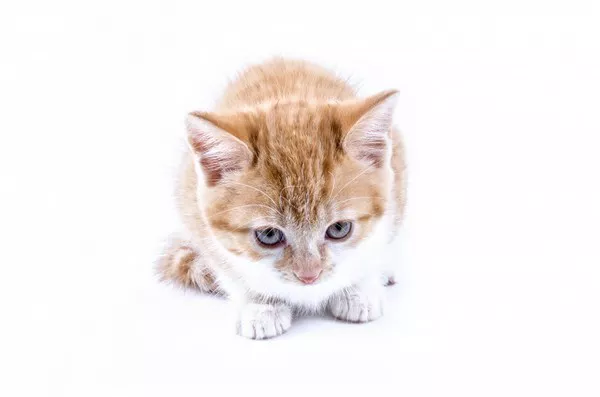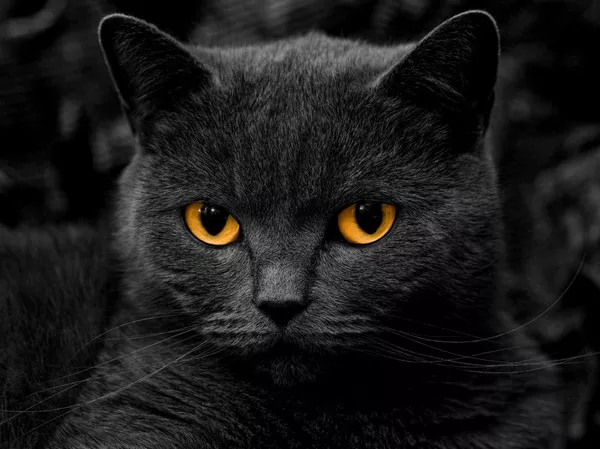Cats are curious creatures, and their natural instincts often lead them to explore their environment in ways that can be hazardous to their health. One common issue faced by cat owners is wire biting. Cats may chew on electrical cords, charging cables, and other types of wires, which can pose serious risks, including electric shock, injury, or damage to property. Understanding why cats exhibit this behavior and implementing effective strategies to prevent wire biting is essential for ensuring the safety and well-being of your feline friend. This essay will explore the reasons behind wire biting, potential dangers, and practical solutions to keep your cat safe.
Understanding Why Cats Bite Wires
Natural Instincts
Cats are instinctual hunters. Their natural behaviors include chewing and biting as a way to explore their environment. This instinct can drive them to chew on items that mimic the texture or feel of prey, including wires. Understanding this instinct is the first step in addressing the behavior.
Teething
Kittens, in particular, may bite or chew on wires as a way to relieve discomfort associated with teething. Just like human infants, kittens go through a teething phase where their baby teeth fall out and adult teeth come in. Chewing can provide relief during this uncomfortable time.
Boredom and Lack of Stimulation
Cats require mental and physical stimulation to stay happy and healthy. A bored cat may resort to destructive behaviors, including wire biting, as a way to entertain themselves. Providing adequate playtime and stimulating environments can help mitigate this behavior.
Anxiety and Stress
Cats can experience anxiety and stress, which may lead to destructive behaviors, including chewing on wires. Changes in the environment, such as moving to a new home, the arrival of a new pet, or changes in routine, can trigger anxiety in cats. Understanding your cat’s emotional state is crucial for addressing their behavior.
Pica Disorder
In some cases, cats may develop a condition known as pica, characterized by the compulsive eating of non-food items. This can include chewing on wires, fabric, or other materials. Pica can be caused by nutritional deficiencies, boredom, or stress, and it may require veterinary intervention if it becomes a persistent issue.
The Dangers of Wire Biting
Electric Shock
One of the most significant dangers of wire biting is the risk of electric shock. If a cat bites into a live electrical wire, it can suffer severe injuries, including burns, cardiac arrest, or even death. This risk is especially high for kittens and young cats, who are more prone to exploratory behaviors.
Injuries and Infections
In addition to the risk of electric shock, biting wires can lead to physical injuries. Cats may injure their mouths or teeth while chewing on hard materials, leading to pain, infection, or dental issues.
Damage to Property
Wire biting can also result in damage to property. Chewed wires may require replacement, leading to costly repairs and inconveniences. Additionally, damaged electronics can pose further safety risks.
Behavioral Issues
Allowing wire biting to continue unchecked can lead to more significant behavioral issues. If a cat learns that chewing on wires is acceptable, it may extend this behavior to other household items, leading to further destruction.
Effective Strategies to Prevent Wire Biting
Secure Cords and Wires
One of the most effective ways to prevent wire biting is to secure and conceal cords and wires. Here are some strategies:
Cord Covers: Use plastic or rubber cord covers to encase electrical wires. These covers can deter cats from chewing on them and protect the wires from damage.
Cable Management: Organize and bundle wires using cable ties or clips to keep them out of reach. This not only prevents wire biting but also creates a tidier living space.
Hide Wires: Whenever possible, route wires behind furniture or along walls where they are less accessible to your cat. Use furniture or decorative items to block access to exposed wires.
Provide Alternative Chewing Options
Offering appropriate alternatives for your cat to chew on can help redirect their behavior away from wires:
Cat Chew Toys: Provide a variety of chew toys made specifically for cats. Look for toys designed to satisfy their chewing instincts. These can include rubber toys, dental chews, and soft plush toys.
Cat Grass and Safe Plants: Some cats enjoy chewing on safe plants, such as cat grass (wheatgrass). Providing these options can satisfy their urge to chew and keep them away from wires.
Increase Environmental Stimulation
Ensuring that your cat has a stimulating environment can help reduce boredom and anxiety, which may lead to wire biting:
Interactive Toys: Invest in interactive toys that engage your cat’s hunting instincts. Puzzle toys, treat-dispensing toys, and battery-operated toys can provide hours of entertainment.
Playtime: Dedicate time each day to play with your cat. Use toys like feather wands, laser pointers, or balls to encourage active play. This interaction strengthens your bond and provides necessary exercise.
Vertical Space: Cats love to climb and explore. Providing cat trees, shelves, or window perches can give them a sense of security and a place to observe their surroundings.
Address Anxiety and Stress
If your cat is biting wires due to anxiety or stress, it’s essential to identify and address the underlying causes:
Safe Spaces: Create a safe, quiet space for your cat where they can retreat when feeling stressed. This could be a cozy bed in a secluded area of the home.
Calming Products: Consider using calming products, such as pheromone diffusers, sprays, or calming collars, which can help reduce anxiety in cats.
Routine: Establishing a consistent daily routine can help your cat feel more secure. Regular feeding, playtime, and interaction can alleviate stress.
Training and Redirection
Training your cat to avoid biting wires can be effective, especially if combined with redirection techniques:
Positive Reinforcement: Use positive reinforcement to encourage desirable behaviors. When your cat plays with their toys instead of wires, reward them with treats or affection.
Gentle Corrections: If you catch your cat in the act of biting a wire, gently redirect them to a toy or another activity. Avoid yelling or physical punishment, as this can increase anxiety and worsen the behavior.
Monitor and Supervise
Keeping an eye on your cat can help prevent wire biting before it becomes a habit:
Supervision: When you are home, supervise your cat to discourage wire biting. If you catch them in the act, redirect them to appropriate toys or activities.
Crate Training: If you cannot supervise your cat, consider using a crate or a safe room where they cannot access wires. Ensure the space is comfortable and contains toys to keep them occupied.
Consult a Veterinarian
If your cat’s wire biting persists despite your efforts, it may be time to consult a veterinarian:
Health Assessment: A veterinarian can assess your cat’s health to rule out any underlying medical issues that may be contributing to the behavior, such as dental problems or nutritional deficiencies.
Behavioral Guidance: A veterinarian or a certified animal behaviorist can provide additional guidance and strategies tailored to your cat’s specific needs.
Conclusion
Preventing wire biting in cats is essential for their safety and the protection of your home. Understanding the underlying reasons for this behavior, such as natural instincts, boredom, and anxiety, allows cat owners to implement effective strategies to deter it. By securing cords, providing alternatives, increasing environmental stimulation, and addressing anxiety, you can create a safe and enriching environment for your feline friend.
Monitoring and supervising your cat, along with positive reinforcement training, can further help in redirecting their chewing behavior. If problems persist, consulting a veterinarian can provide valuable insights and solutions. By taking proactive steps, you can ensure that your cat remains safe and healthy while satisfying their natural curiosity and chewing instincts.
Related topic:

























